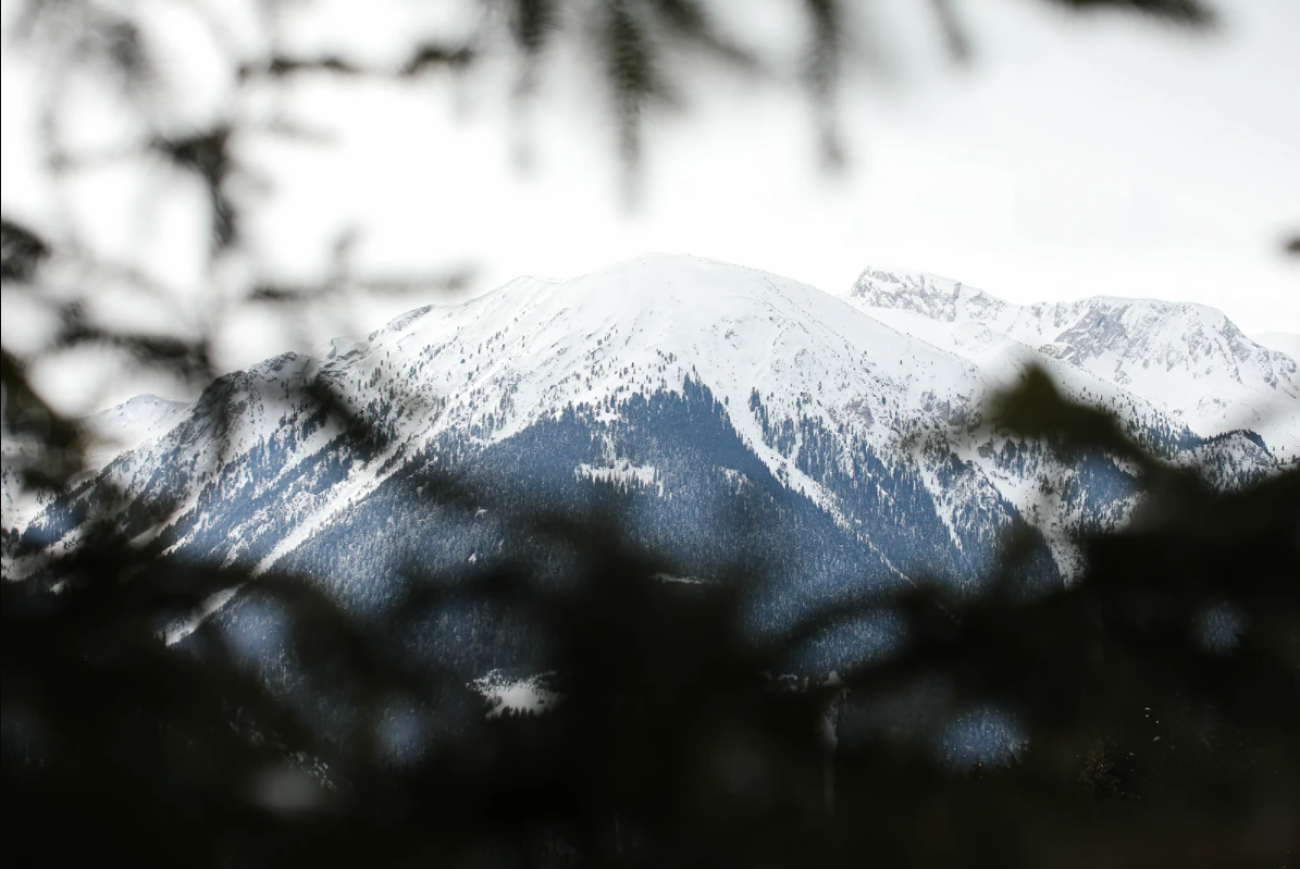Changing Perceptions Through Tourism

How are these two women entrepreneurs challenging gender norms in Kosovo, while keeping their businesses alive during the COVID-19 pandemic?
FETIJE NIKIQI
Stepping out of the car, we are welcomed by a breeze of crisp fresh air and the beautiful white mountains surrounding the village. Soon enough, Fetije Nikiqi and her partner Mustafa accompanied by their dog run down to greet us with a big smile on her face: “Welcome to our guesthouse”.
Fetije is one of the pioneering women entrepreneurs, who has established and runs the family guesthouse “Ariu” in the idyllic mountain village of Reka Allages, Rugova Valley. The guesthouse is located at the beginning of Via Dinarica hiking trail, which runs across the Western Balkans and hosts thousands of nature and hiking enthusiasts each year.
.jpg?auto=webp)
.jpg?auto=webp)
Although Fetije was a stay-at-home mother before opening the guesthouse, she has always been eager to work. To her, working meant independence - an idea ingrained from back in the days growing up in Germany. Together with her partner, she worked hard to establish the family guesthouse in 2007. It all started with making the traditional pie ‘flija’ and selling it to by-passing hikers. Witnessing their excitement for local food and experiences, Fetije and her partner expanded their menu and enlarged their services by providing overnight stays.
Despite having strong support from her husband, Fetije’s journey as a woman entrepreneur was not always easy. With many entrenched traditional gender roles and severe under-representation of women in the labour market, Fetije was faced with prejudice from the local community.
“The beginning was not easy, my community is not used to seeing an independent woman, but my will and desire kept me going. We started small and grew. At first, we could receive a maximum of four guests, and we could only offer mattresses, but now we can host up to 65 guests per night,” - says Fetije with a proud smile on her face.
What makes this place unique is that it gives you an authentic traditional experience. All the food Fetije makes is traditional using local products. “I try to promote our culture, tradition, and food, and I know this is what guests want when they come here.”
.jpg?auto=webp)
Unfortunately, the past year has not been easy for them. The year 2020 saw the global outbreak of COVID-19 that brought the world to a standstill, and the tourism sector was among the hardest hit. In Kosovo, tourism is a source of livelihood in rural areas and particularly among women entrepreneurs. This collapse for the sector is reflected in the fact that tourism experienced the second biggest loss of jobs in Kosovo in 2020 and its forecast outlook is not promising.
In 2019, the number of visitors in the guesthouse was the highest they ever had, and they were expecting in 2020 that this number would increase. However, due to COVID-19 the number of visitors fell drastically. Despite this Fetije’s motivation and will has not changed, she is working hard to overcome this and hopes that soon she will be able to host as many people as before.
KALTRINA SALIHU
In October 2020, amidst the uncertainty of the pandemic, a strong-willed woman undertook the risk of managing a new business venture in 1,500 meters elevation in a picturesque village in Dragash/š. The charming guesthouse “N’bjeshke” is located near the top of Skarpa peak, surrounded by the pristine nature of the village.
.jpg?auto=webp)
The COVID-19 obstacles in making the guesthouse fully operational have not stopped Kaltrina Salihu from shaping her vision and putting concrete plans on paper. She is certain that this place has a lot to offer - from blueberry picking to cross-country skiing. “I got plenty of ideas!” - she calls out in a proud tone. Indeed, she is a creative woman full of innovative ideas and plans; precisely what the tourism sector needs more of. She envisions turning “N’bjeshke” into an eco-friendly touristic complex that employs sustainable energy solutions and integrates local produce in the menu to keep the local supply chain running. Above all, she sees that there is lot of educational potential to be unravelled through her venture. Kaltrina is planning to design and develop learning experiences for youth and children through hands-on agricultural and livestock practices in an educational farm.
.jpg?auto=webp)
.jpg?auto=webp)
In the process of realizing her visions, she has clearly defined one key mission. She strives to provide employment opportunities for rural women. Working in the area of Dragash/š for many years now, whilst engaging in different projects, she has become aware of the entrenched gender norms that have influenced the image of a woman working physically away from home. She knows because she had to overcome the consequential prejudices herself.
“People here are not used to seeing women in managerial positions, so the tendency for prejudices is high. I have overcome those, and the people of the village treat me with respect. However, unfortunately, for many other women this remains a difficult challenge.”
.jpg?auto=webp)
By creating jobs and livelihoods for women and girls in rural areas, Kaltrina is breaking traditional stereotypes and challenging social norms that hinder women’s economic independence. So far, most of her staff comprises of women, because she believes that their engagement is crucial in the development of tourism.
Tourism can be a vehicle for women empowerment and income generation especially when it comes to rural communities. So, as the tourism sector faces up to the challenges caused by the pandemic, COVID-19 also presents an opportunity to reshape it by focusing on sustainable and green solutions and bringing people together. UNDP’s project on Eco-tourism is working towards promoting sustainable tourism and women-led businesses in Kosovo. The project aims to support small businesses to bounce forward from the COVID-19 pandemic through green recovery and support to women in tourism.
*This field visit activity was conducted in partnership with Butterfly Outdoor Adventure.
Written by: Trina Ukmata & Sihana Bina


